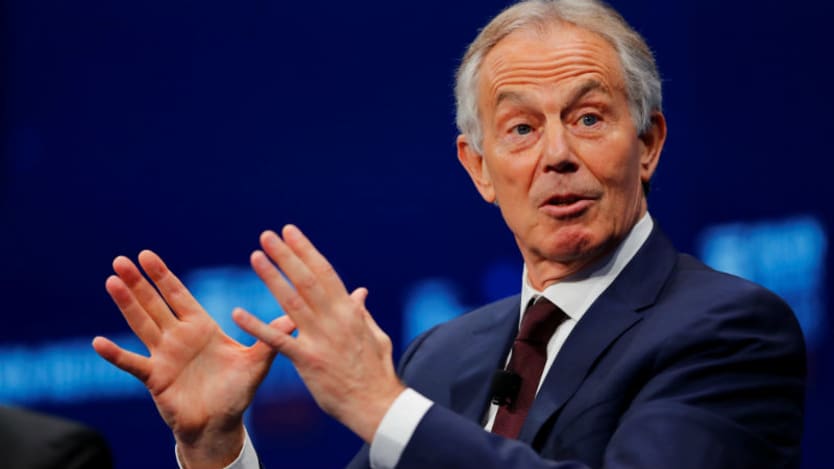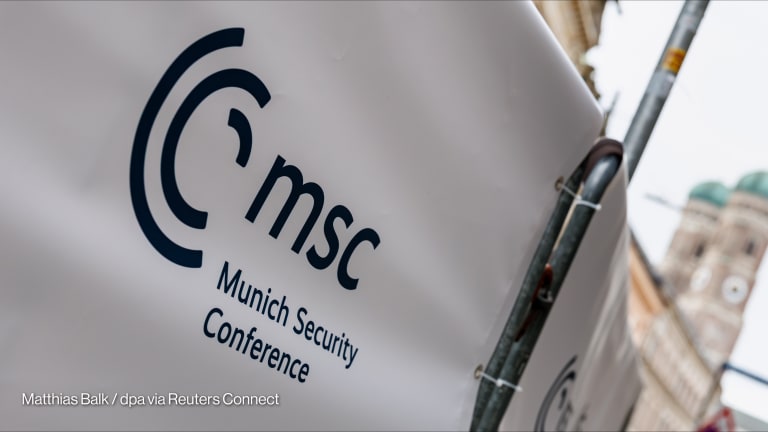
WASHINGTON — Former British Prime Minister Tony Blair, who launched the country’s Department for International Development, said he believes the aid agency will continue to be a strong global development partner despite an exit from the European Union that puts into question the United Kingdom’s role as an aid leader in Europe.
“[Brexit] may disadvantage Britain, but shouldn’t disadvantage our ability to be a key development player provided we keep our budget strong for development.”
— Tony Blair, former British prime minister“DFID is such a large player and is pretty experienced now,” Blair told Devex. “I think whatever happens with Brexit, frankly, DFID will continue to be strong and the U.K. will continue to be a strong global development player.”
The former Labour prime minister is an outspoken opponent of Brexit, believing there should be another referendum to determine if the U.K. should leave the EU. After failing to negotiate the terms of the exit between U.K. politicians and European leaders by the original leave date of March 29, the deadline has now been pushed to Oct. 31.
Blair’s government formed DFID when he was prime minister in 1997. The aid agency was spun off from the Foreign & Commonwealth Office into its own department with a secretary of state who reported directly to the prime minister, and a starting budget of £2 billion (today’s equivalent of $4.72 billion). The U.K. now has a £13.4 billion aid budget and DFID employs nearly 3,000 staff around the world.
It is unclear what impact Brexit could have on U.K. aid. In 2016, the U.K. spent about 11 percent of its aid budget through the EU, accounting for some 15 percent of the EU’s overall aid offering. Whether that could continue is unknown, although it looks increasingly unlikely as the EU forges ahead with internal negotiations over a new budget tool. Whether U.K. NGOs will remain eligible for EU funding is also unknown.
“Obviously, I think it’s easier for us to cooperate if we’re part of European structures,” Blair said. “On the other hand, even outside of them, countries like Norway and Switzerland do cooperate with Europe.”
Blair now heads the Tony Blair Institute for Global Change, which he formed in 2016 to bring together various initiatives he started after he left office. The NGO has four main focus areas: countering violent extremism, good governance, Middle East peace, and combating populism.
He said that as long as DFID maintains its aid budget — the U.K. is one of just five countries that meets the international community’s 0.7 percent aid target — the agency should not see its influence in global development diminish.
“It may disadvantage Britain, but shouldn’t disadvantage our ability to be a key development player provided we keep our budget strong for development and provided that we’re open-minded in our approach to working with other countries,” Blair said.
“And I think in this one dimension, we will be.”
Search for articles
Most Read
- 1
- 2
- 3
- 4
- 5








